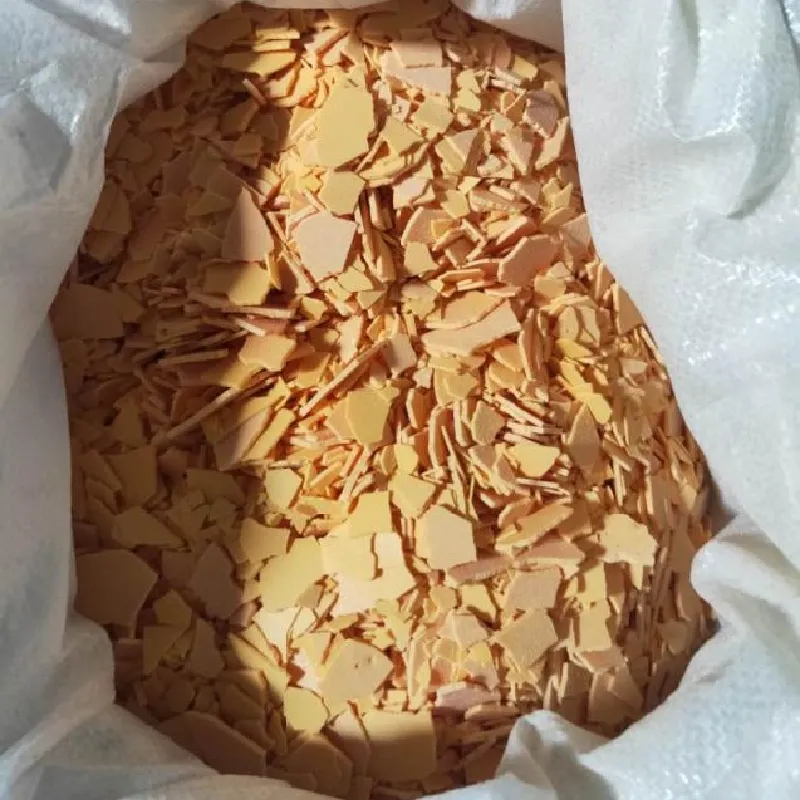
e170 food additive
Understanding E170 Food Additive Calcium Carbonate
Food additives play a significant role in the culinary world, enhancing the quality, appearance, and shelf life of food products. Among the array of food additives used globally, E170, known as calcium carbonate, is particularly notable. This naturally occurring compound has various functions and applications in the food industry, making it an essential component of many processed foods.
What is E170?
E170, or calcium carbonate, is a white, odorless powder that is derived from natural sources such as limestone, marble, and chalk. It is a widely used food additive due to its safety profile and functional properties. According to food safety authorities, calcium carbonate is generally recognized as safe (GRAS) when used in recommended amounts.
Functions of E170 in Food
Calcium carbonate serves multiple purposes in the food manufacturing process
1. Anti-Caking Agent Calcium carbonate helps prevent the clumping of powdered foods, which is particularly important for salt, sugar, and powdered dairy products. This ensures that these products remain free-flowing and easy to use.
2. Calcium Fortification As a rich source of calcium, E170 is often added to foods and beverages to enhance their nutritional content. This is especially valuable in products aimed at children, the elderly, and individuals with dietary restrictions who may not get enough calcium from their diet.
3. pH Regulator In various food applications, calcium carbonate functions as a pH regulator, helping to maintain the desired acidity levels in products such as sauces and pickles. This is crucial in ensuring the stability and flavor profile of the food.
e170 food additive

4. Natural White Colorant E170 is used to improve the whiteness of a wide range of food products, including confectionery, baked goods, and dairy items. Its natural origin and lack of strong coloring can give a bright, appealing appearance to food without altering the flavor.
5. Leavening Agent In baking, calcium carbonate can react with acidic components to release carbon dioxide, which helps leaven dough and batter. This contributes to the characteristic texture and rise of baked goods.
Health Aspects
Calcium carbonate is primarily used for its calcium content, which is essential for bone health and various bodily functions. Including E170 in your diet can help prevent calcium deficiency, which is linked to conditions like osteoporosis. However, as with any additive, moderation is vital. Excessive consumption may lead to gastrointestinal issues or interfere with the absorption of other minerals.
Moreover, food-grade calcium carbonate is markedly different from construction-grade calcium carbonate. The former is processed and purified for human consumption, ensuring that it meets safety standards for food use.
Regulatory Status
E170 is approved for use in many countries and is regulated by food safety authorities such as the European Food Safety Authority (EFSA) and the U.S. Food and Drug Administration (FDA). These agencies assess the safety and efficacy of food additives, ensuring that they do not pose a risk to public health. The acceptable daily intake (ADI) of calcium carbonate varies depending on the individual's age, weight, and dietary needs.
Conclusion
E170, or calcium carbonate, is a versatile food additive with a wide range of applications in the food industry. Its roles as an anti-caking agent, a source of calcium, a pH regulator, a color enhancement agent, and a leavening agent contribute to the overall quality and safety of many food products. As consumers become more aware of food additives and their effects on health, it is crucial to understand the role of substances like E170 in our daily diets. When consumed within recommended limits, E170 can be a beneficial addition to food products, providing both functional and nutritional benefits.
-
Pure Sodium Dichloroisocyanurate Dihydrate | Powerful DisinfectantNewsAug.29,2025
-
Industrial Chemicals: Quality & Purity for Every IndustryNewsAug.28,2025
-
Nitrile Rubber Honoring Strict Production StandardsNewsAug.22,2025
-
Aspartame Ingredients Honoring Food Safety ValuesNewsAug.22,2025
-
Fertilizer for Balanced Plant NutritionNewsAug.22,2025
-
Cyanide Gold Processing with High Purity AdditivesNewsAug.22,2025
-
Formic Acid in Textile Dyeing ApplicationsNewsAug.22,2025
Hebei Tenger Chemical Technology Co., Ltd. focuses on the chemical industry and is committed to the export service of chemical raw materials.
-

view more DiethanolisopropanolamineIn the ever-growing field of chemical solutions, diethanolisopropanolamine (DEIPA) stands out as a versatile and important compound. Due to its unique chemical structure and properties, DEIPA is of interest to various industries including construction, personal care, and agriculture. -

view more TriisopropanolamineTriisopropanolamine (TIPA) alkanol amine substance, is a kind of alcohol amine compound with amino and alcohol hydroxyl, and because of its molecules contains both amino and hydroxyl. -

view more Tetramethyl Thiuram DisulfideTetramethyl thiuram disulfide, also known as TMTD, is a white to light-yellow powder with a distinct sulfur-like odor. It is soluble in organic solvents such as benzene, acetone, and ethyl acetate, making it highly versatile for use in different formulations. TMTD is known for its excellent vulcanization acceleration properties, which makes it a key ingredient in the production of rubber products. Additionally, it acts as an effective fungicide and bactericide, making it valuable in agricultural applications. Its high purity and stability ensure consistent performance, making it a preferred choice for manufacturers across various industries.





